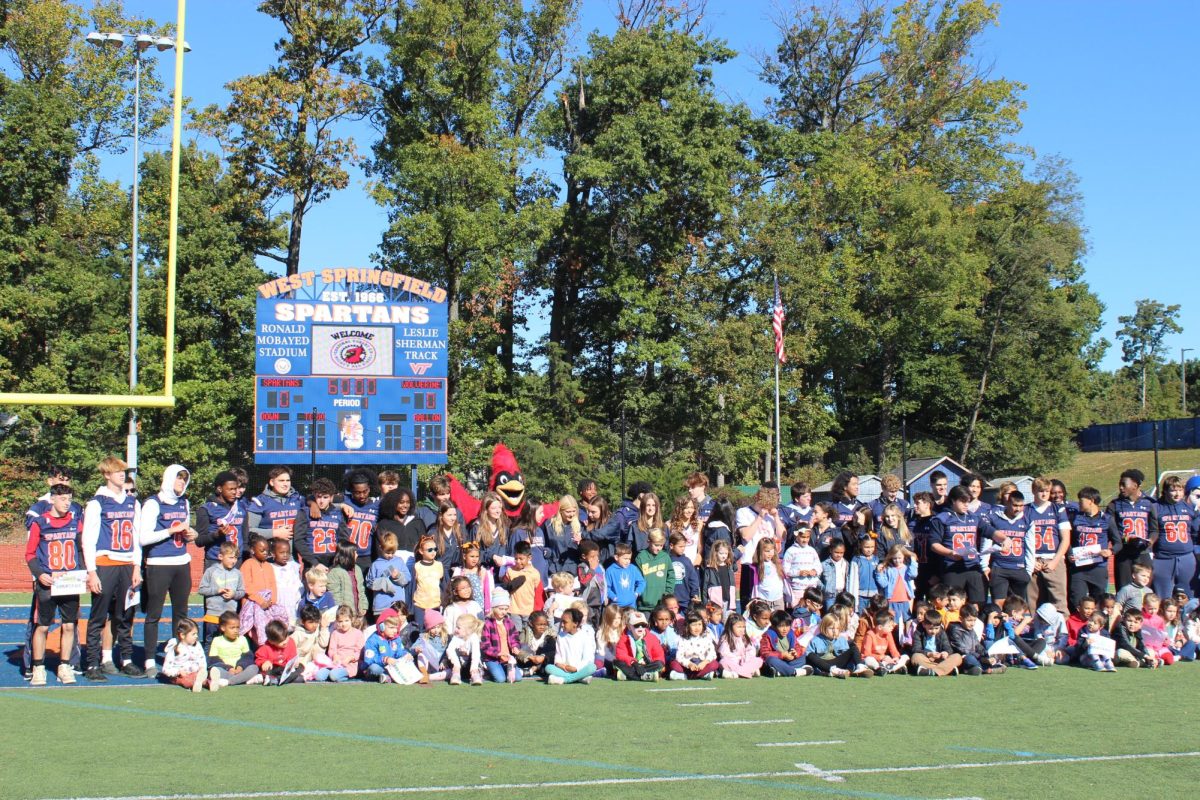Thousands played, few won, and the rest learned new skills and had fun.
During the latter half of the second quarter, students in Advanced Sports Marketing classes participated in a computer simulation program called Virtual Business – Sports (VBS) While students were learning lessons in class through the program, they were also competing against their peers across the nation. The program tasks students with running all of the advertising and marketing that is required for an NFL franchise to succeed.
“It’s like you’re managing a virtual football team and you have to do promotions and stuff and license your name to businesses,” said junior James Ray, who ranked fourth in the state at one point.
Some people might balk at students learning through what would appear to be a simple two-dimensional computer game; however, it is much more.
Through the game, they learned things like how to handle promotion, develop ticket-pricing strategies, evaluate stadiums and city locations, control stadium operations and staffing, find sponsors and licensing deals among other things. The game mimics real life and show what happens when you implement different policies over an accelerated period of time.
“[The kids] have fun doing it, but at the same time they are learning a lot,” said Marketing teacher Vicki Petibon. “They see what happens when you get rid of security and how things start to get really crazy, or how if you don’t have enough people staffed in the parking lot accidents will start happening [amongst other things].”
The point of the game is to minimize costs, while maximizing profits. Like real life, the right balance is often found through trial and error.
“I don’t really know how we [did so well]. We kind of just experimented a couple times. We did poorly at first then figured out how to do well and kept going off of that,” said junior Andrew Koenig, who at one point was third in the state.
The key to the game’s success is how it engages students and allows them to enjoy learning.
“It was pretty fun. We still sometimes play occasionally when we have free time in class, [even though we’re not required to],” said Koenig.






